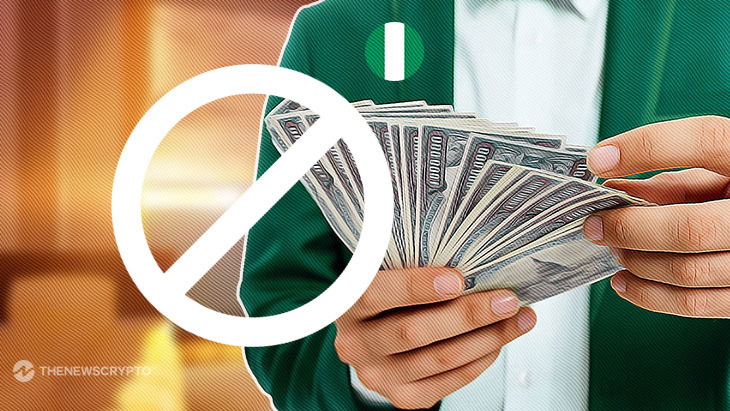- The decision to allow the naira to “float” by the CBN was made by the Nigerian president.
- The Nigerian President removed the CBN’s multiple exchange rate system.
On June 14, the official exchange rate of the Nigerian naira against the U.S. dollar hit an all-time low of NGN634 per greenback. The devaluation of the naira by more than 30 percent occurred days after the Central Bank of Nigeria (CBN) disputed that it had lowered the exchange rate of the naira from NGN470 to NGN631 per dollar.
The decision to allow the naira to “float” by the CBN followed a promise by Nigerian President Bola Ahmed Tinubu to remove the CBN’s multiple exchange rate system, which had been in place for many years.
Forex Market Rules Modified
The Nigerian top bank maintained an exchange rate of less than NGN500:USD1 for almost a year before the apparent depreciation of the naira. The value of one naira against the dollar fluctuated between NGN600 and NGN800 throughout this time. The CBN reportedly turned down many requests to deflate the naira during this time.
However, when Tinubu took office on May 29th, rumors began to circulate in Nigeria that the CBN was planning to devalue the naira. Others have seen Nigerian President Tinubu’s sudden suspension of CBN governor Godwin Emefiele as proof that he intends to carry out the promise he made on his inauguration day. Meanwhile, on June 16th, the CBN tweeted to Nigerians the importance of a fluctuating currency rate.
The Central Bank stated:
“The I and E [import and export] market functions by a willing buyer willing seller system, where an entity with demand for FX seeks out another entity with foreign exchange to sell at an agreed price through an authorized dealer.”








